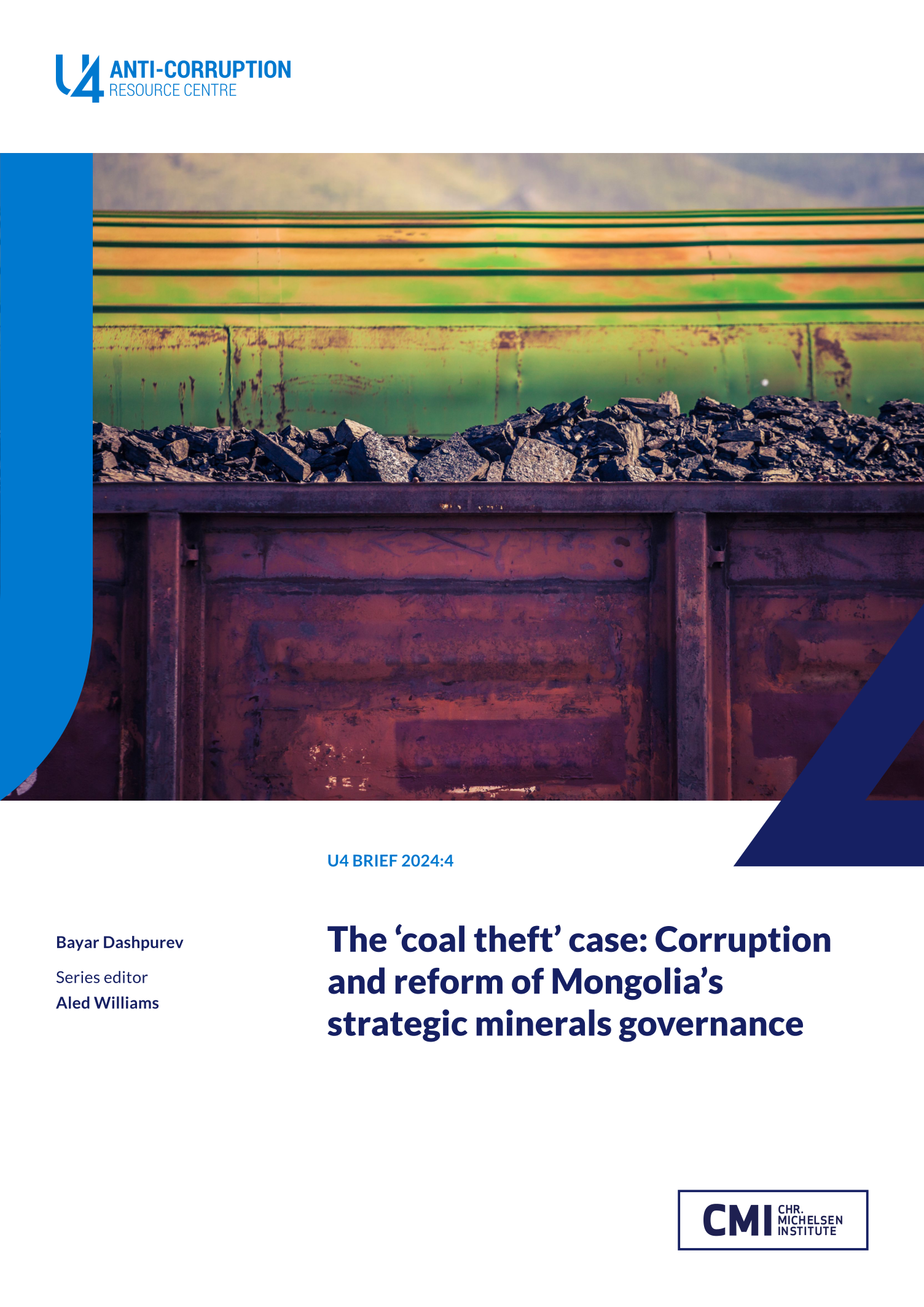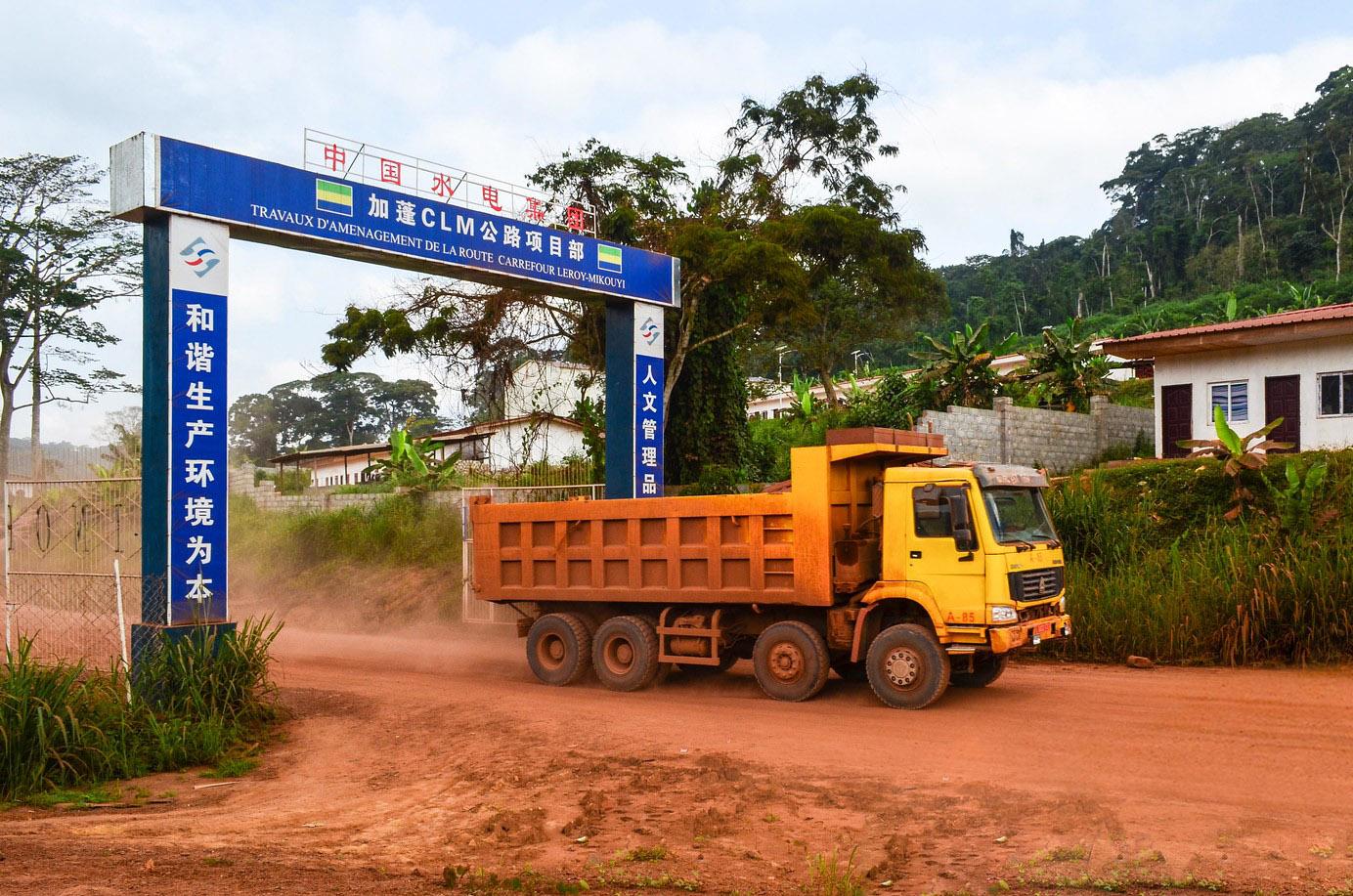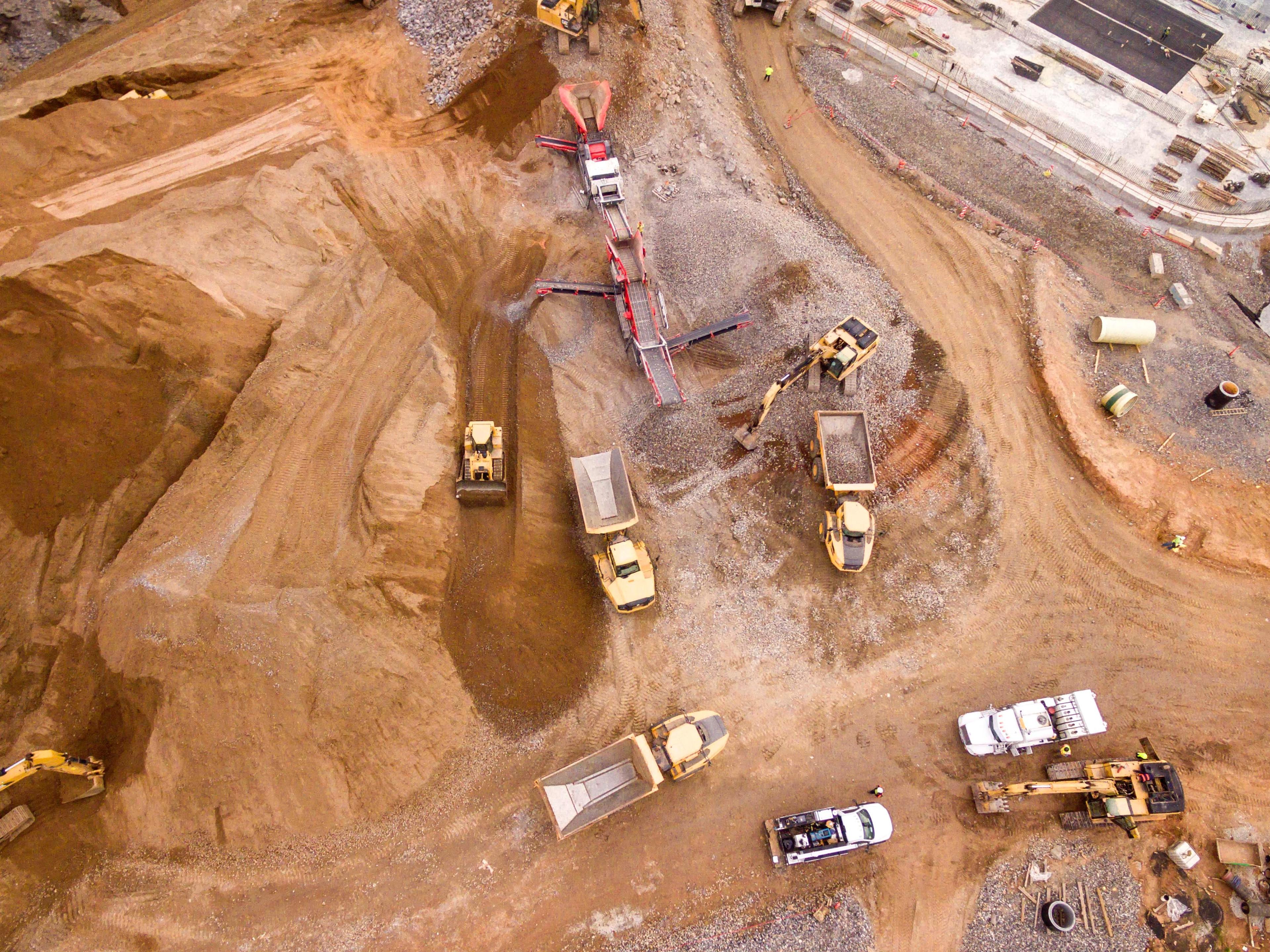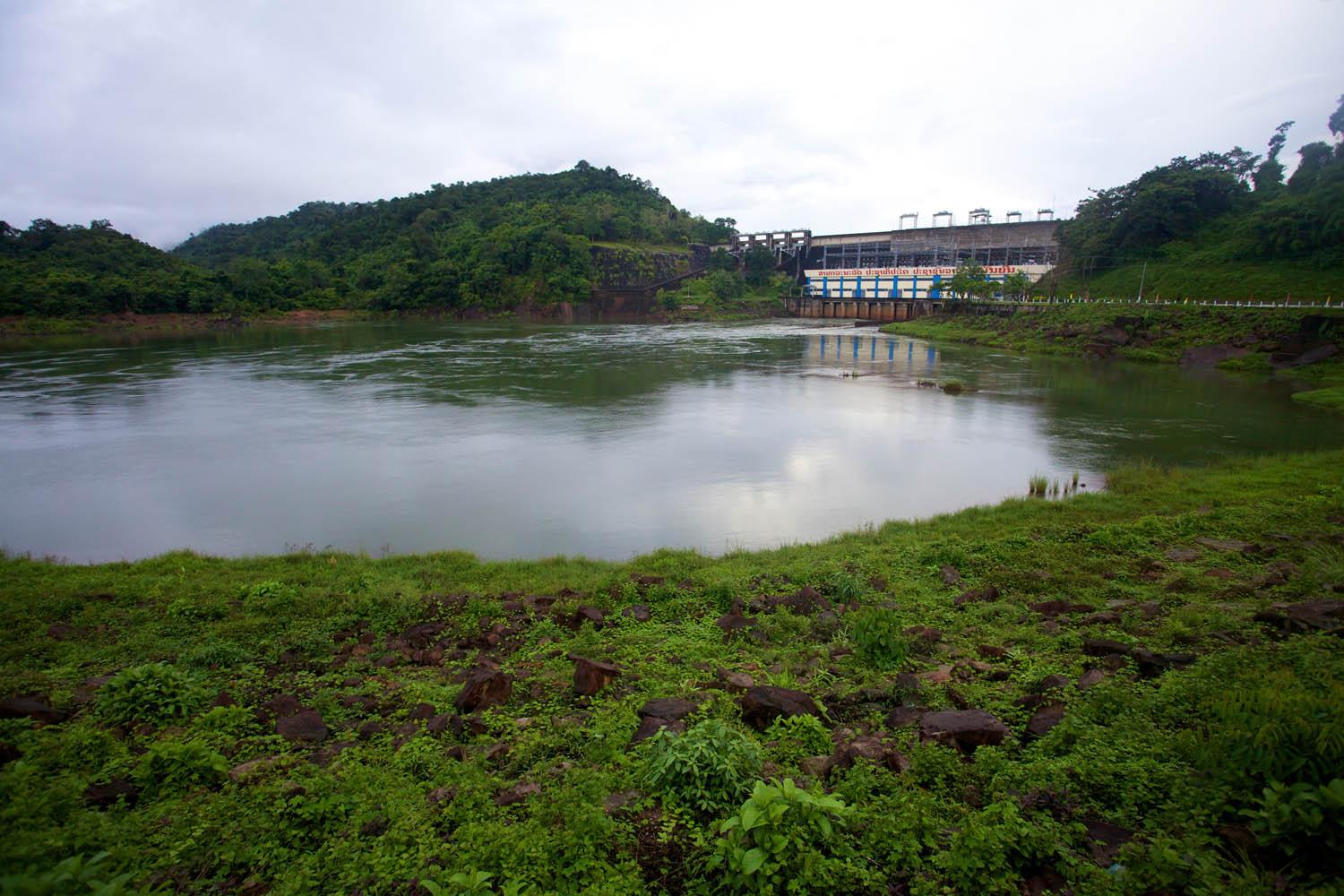Main points
- Coal is a strategic commodity for Mongolia and an important source of revenue. More than 80% of Mongolian foreign trade comes from coal and other minerals.
- In 2022, allegations surfaced that coal was being illegally transported across the Chinese border. High-ranking politicians and influential business leaders were implicated and the loss to the Mongolian economy was as high as US$11 billion, by some estimates.
- The allegations drew public protests and media coverage in Mongolia and abroad, and the issue became politicised. The case highlighted critical institutional shortcomings in the management of the minerals sector.
- The designation of the coal deposit as of ‘strategic importance’ enabled information to be withheld, undermining transparency. The use of offtake contracts allowed coal to be undervalued.
- The lack of transportation and accessible border facilities, as well as COVID-19-related restrictions, presented opportunities for railways and customs officials, as well as border militias to demand bribes.
- Prompted by this and other prominent corruption cases, the state amended criminal laws in December 2022, and has taken measures to address corruption in strategic minerals and across the economy.
- A parliamentary hearing and investigation were announced but have been delayed. Eight criminal cases were launched and five have been decided. The former CEO of the state-owned coal company and 11 others were charged with money laundering.
- Mongolia has laws and institutions to tackle corruption, but they are insufficiently enforced and operationalised. There is scope to do more to address identified gaps.



